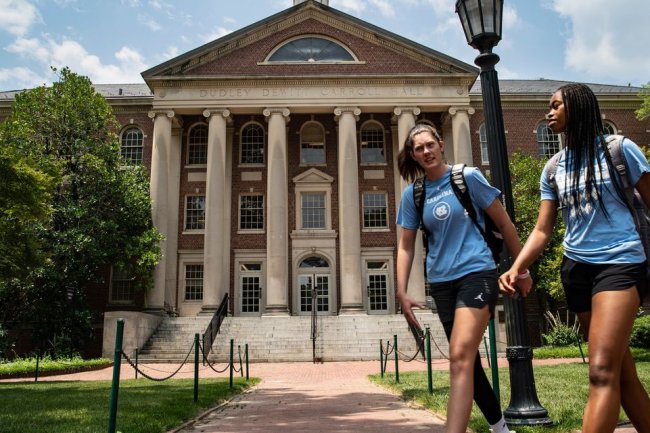Big Banks Don’t Need to Drop Clients Amid Climate Risk Push, Regulators Say
U.S. banking watchdogs told a House panel that efforts to weigh climate risks don’t mean banks need to cut off legal businesses The OCC won’t tell bankers what legal businesses they may or may not bank, Greg Coleman, senior deputy comptroller for large bank supervision, told a House panel. Photo: Ting Shen/Bloomberg News By Richard Vanderford July 18, 2023 7:05 pm ET Top U.S. financial regulators said they don’t expect big banks to stop serving any clients or sectors as the institutions take on climate-related risk. Regulatory oversight roles won’t be leveraged to push banks away from businesses or sectors, officials for the Office of Comptroller of the Currency, Federal Deposit Insurance Corp. and Federal Reserve Board of Governors testified Tuesday at a hearing before a House subcommit


The OCC won’t tell bankers what legal businesses they may or may not bank, Greg Coleman, senior deputy comptroller for large bank supervision, told a House panel.
Photo: Ting Shen/Bloomberg News
Top U.S. financial regulators said they don’t expect big banks to stop serving any clients or sectors as the institutions take on climate-related risk.
Regulatory oversight roles won’t be leveraged to push banks away from businesses or sectors, officials for the Office of Comptroller of the Currency, Federal Deposit Insurance Corp. and Federal Reserve Board of Governors testified Tuesday at a hearing before a House subcommittee. Lawmakers have in recent months wrangled over whether the oil-and-gas industry should be allowed access to banking services.
Republicans on the Subcommittee on Financial Institutions and Monetary Policy, which held the hearing, questioned whether banking regulators are independent of political influence.
“The OCC does not and will not tell bankers what customers or legal businesses they may or may not bank,” said Greg Coleman, OCC senior deputy comptroller for large bank supervision. His counterparts at the Fed and FDIC— Michael Gibson, the director of supervision and regulation for the Fed, and Doreen Eberley, the director of the FDIC’s risk-management division—made similar remarks about their agencies’ climate efforts.

The Subcommittee on Financial Institutions and Monetary Policy hearing included officials from the OCC, Fed and FDIC.
Photo: Win McNamee/Reuters
The agencies are pressing banks under their supervision to look into exposures to climate-related risks, including weather events that could imperil physical assets and the broader risks posed by any transition away from fossil fuels.
Climate activists view banks and insurance companies as potential financial linchpins that could drop oil companies as clients and make it harder for them to get their products to market. They have in recent years pressed financial players with shareholder proposals and public calls to walk away from fossil fuels.
But the regulators haven’t called for blanket bans on working with the oil-and-gas sector, despite pressure from climate activists and some politicians.
Yue (Nina) Chen, the OCC’s chief climate risk officer, said previously that the regulator doesn’t direct capital flows to or from certain sectors and doesn’t expect banks to have net-zero targets.
Meanwhile, some state politicians have used their sway over deep-pocketed pension funds to agitate in the other direction. Florida Gov. Ron DeSantis,
for example, has taken aim at what he called “woke capital” and approved measures to prevent considering environmental and other factors when investing government money. Texas has blacklisted certain financial companies for allegedly boycotting the fossil-fuel industry.Under the Trump administration, the OCC put in place a “fair access” rule that would stop banks from denying services to legal but controversial businesses, including oil-and-gas companies. That rule was blocked days after President Biden took office.
So far, banking regulators’ climate-risk focus has been on the largest institutions—those with more than $100 billion in assets. The Fed expects to publish a report on a climate scenario analysis exercise, which began earlier this year, involving six of the nation’s largest banks, Gibson said.
Write to Richard Vanderford at [email protected]
What's Your Reaction?

















